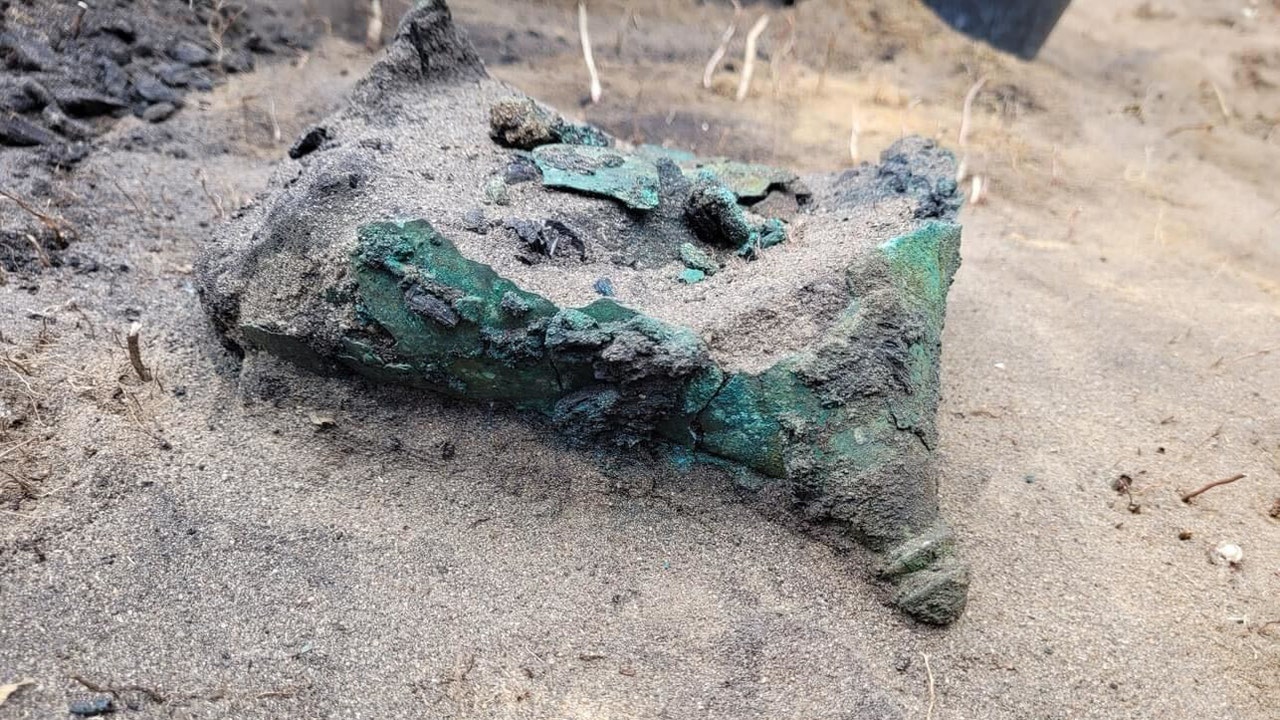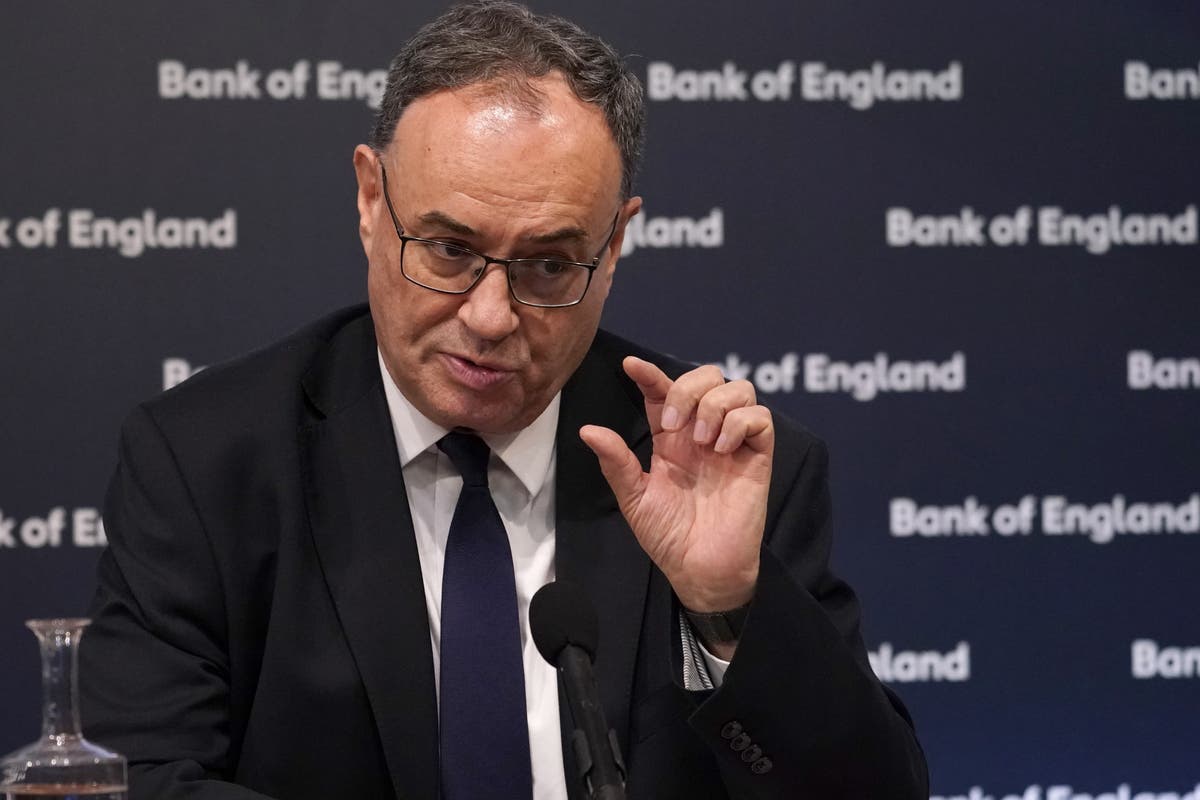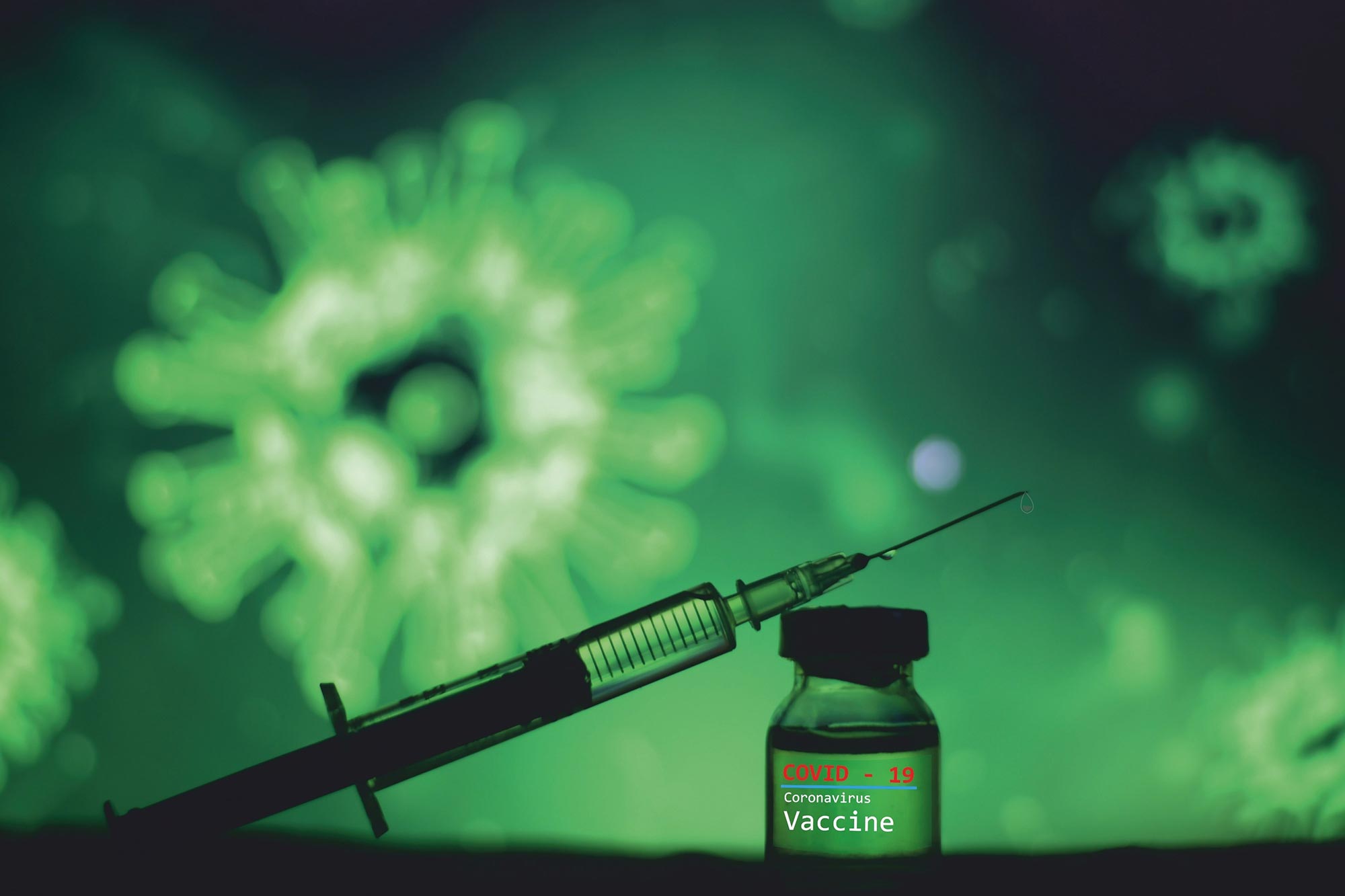
Naukowcy z Yale University odkryli, że rzadkie przypadki zapalenia mięśnia sercowego obserwowane u młodych mężczyzn po szczepieniu przeciwko COVID-19 były związane z ogólną odpowiedzią immunologiczną, a nie z przeciwciałami wytwarzanymi przez szczepionkę. To odkrycie wyklucza pewne teoretyczne przyczyny i sugeruje sposoby zmniejszenia tego efektu ubocznego, podkreślając jednocześnie, że ryzyko rozwoju zapalenia mięśnia sercowego jest znacznie większe u nieszczepionych osób, które zaraziły się wirusem.
Dwa lata temu str[{” attribute=””>COVID-19 vaccines first started to be rolled out, there was a surge in myocarditis cases, a condition characterized by inflammation of the heart muscle. This was particularly noticeable in young males who received mRNA vaccines. It was unclear, however, what exactly was causing this reaction.
However, Yale researchers have now shed light on this issue through a recent study, where they identified the immune signature of these heart inflammation cases.
These findings, published May 5 in the journal Science Immunology, rule out some of the theorized causes of the heart inflammation and suggest potential ways to further reduce the incidence of a still rare side effect of vaccination, the authors say.
Myocarditis is a generally mild inflammation of heart tissue that can cause scarring but is usually resolved within days. The increased incidence of myocarditis during vaccination was seen primarily in males in their teens or early 20s, who had been vaccinated with mRNA vaccines, which are designed to elicit immune responses specifically to the SARS-CoV-2 virus.
According to the Centers for Disease Control and Prevention (CDC), among males aged 12 to 17, about 22 to 36 per 100,000 experienced myocarditis within 21 days after receiving a second vaccine dose. Among unvaccinated males in this age group, the incidence of myocarditis was 50.1 to 64.9 cases per 100,000 after infection with the COVID-19 virus.
For the new study, the Yale research team conducted a detailed analysis of immune system responses in those rare cases of myocarditis among vaccinated individuals. The team was led by Carrie Lucas, associate professor of immunobiology, Akiko Iwasaki, Sterling Professor of Immunobiology, and Inci Yildirim, associate professor of pediatrics and epidemiology.
They found that the heart inflammation was not caused by antibodies created by the vaccine, but rather by a more generalized response involving immune cells and inflammation.
“The immune systems of these individuals get a little too revved up and over-produce cytokine and cellular responses,” Lucas said.
Earlier research had suggested that increasing the time between vaccination shots from four to eight weeks may reduce the risk of developing myocarditis.
Lucas noted that, according to CDC findings, the risk of myocarditis is significantly greater in unvaccinated individuals who contract the COVID-19 virus than in those who receive vaccines. She emphasized that vaccination offers the best protection from COVID-19-related diseases.
“I hope this new knowledge will enable further optimizing mRNA vaccines, which, in addition to offering clear health benefits during the pandemic, have a tremendous potential to save lives across numerous future applications,” said Anis Barmada, an M.D./Ph.D. student at Yale School of Medicine, who is a co-first author of the paper with Jon Klein, also a Yale M.D./Ph.D. student.
Reference: “Cytokinopathy with aberrant cytotoxic lymphocytes and profibrotic myeloid response in SARS-CoV-2 mRNA vaccine–associated myocarditis” by Anis Barmada, Jon Klein, Anjali Ramaswamy, Nina N. Brodsky, Jillian R. Jaycox, Hassan Sheikha, Kate M. Jones, Victoria Habet, Melissa Campbell, Tomokazu S. Sumida, Amy Kontorovich, Dusan Bogunovic, Carlos R. Oliveira, Jeremy Steele, E. Kevin Hall, Mario Pena-Hernandez, Valter Monteiro, Carolina Lucas, Aaron M. Ring, Saad B. Omer, Akiko Iwasaki, Inci Yildirim and Carrie L. Lucas, 5 May 2023, Science Immunology.
DOI: 10.1126/sciimmunol.adh3455

„Odkrywca. Entuzjasta muzyki. Fan kawy. Specjalista od sieci. Miłośnik zombie.”






More Stories
Bardziej ekologiczne wybory, bystrzejsze umysły: badania łączą zrównoważony rozwój i zdrowie mózgu
Coraz częstsza liczba chorób przenoszonych przez komary w Europie – jak bardzo martwią się naukowcy? | Transmisja
Badanie asocjacji całego genomu pozwala zidentyfikować genetyczne czynniki ryzyka demencji